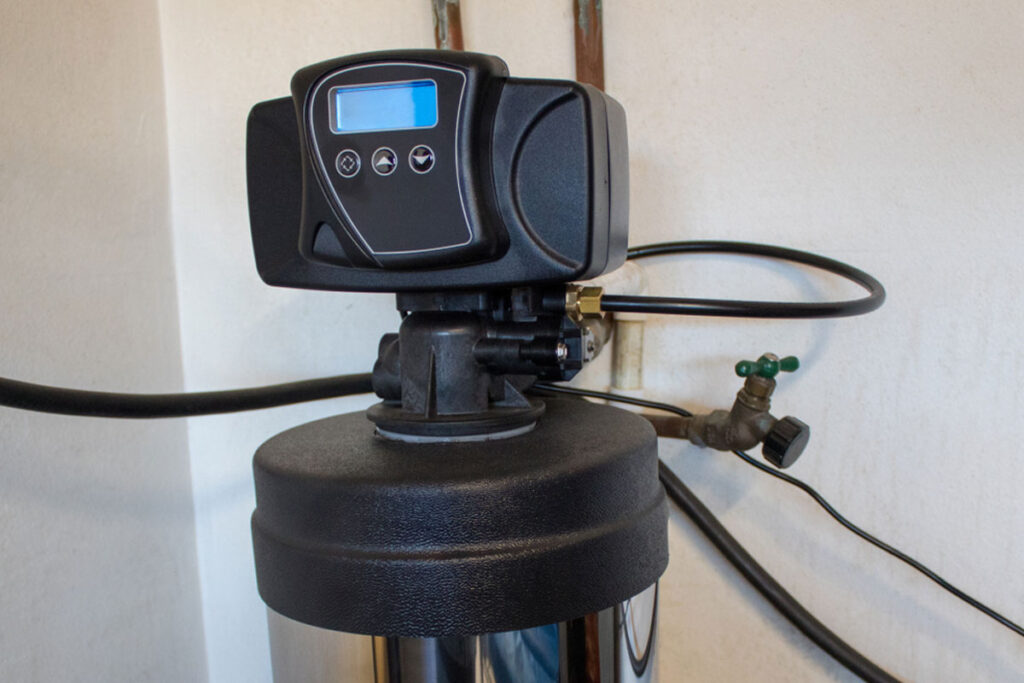In the relentless pursuit of sustainable development and environmental stewardship, advanced water treatment breakthroughs have emerged as crucial components in purifying the present and preserving the future of our most precious resource—water. The escalating global water crisis, exacerbated by climate change and population growth, has spurred innovative solutions that go beyond conventional water treatment methods. One notable breakthrough lies in the development of advanced oxidation processes AOPs, which harness the power of reactive oxygen species to effectively eliminate contaminants. These cutting-edge techniques, such as photocatalysis and sonolysis, provide a more efficient and sustainable means of water purification compared to traditional methods. Additionally, nanotechnology has made significant strides in water treatment, with nanomaterials exhibiting remarkable adsorption and catalytic properties. Engineered nanoparticles, like graphene and carbon nanotubes, demonstrate unparalleled efficiency in removing pollutants, bacteria, and even heavy metals from water sources.

The integration of smart sensors and artificial intelligence further enhances the precision and real-time monitoring capabilities of water treatment systems, allowing for targeted interventions and resource optimization. Furthermore, membrane technologies have undergone a revolution, with the development of advanced membranes that surpass the limitations of traditional filtration systems. Forward osmosis, membrane distillation, and graphene-based membranes are among the breakthroughs reshaping the landscape of water treatment. These innovations not only improve the removal of contaminants but also contribute to energy savings, making the water treatment process more sustainable. The concept of circular water systems, inspired by the circular economy, has gained traction, emphasizing the recovery and reuse of water resources. Closed-loop systems, incorporating advanced treatment methods and decentralized infrastructure, minimize water wastage and reduce the environmental impact of water treatment facilities. In the agricultural sector, where water-intensive practices pose a significant threat to water resources, precision irrigation technologies have emerged as a game-changer.
Advanced sensors, coupled with data analytics and machine learning algorithms, enable precise monitoring of soil moisture levels and crop water requirements to Get a free assessment today. This targeted approach not only conserves water but also enhances crop yields, contributing to sustainable food production. Additionally, the advent of electrochemical water treatment technologies, such as capacitive deionization and electrocoagulation, offers efficient and cost-effective solutions for desalination and brackish water treatment, addressing the pressing issue of water scarcity in arid regions. While these advanced water treatment breakthroughs hold immense promise, their widespread adoption requires a holistic approach that encompasses policy support, public awareness, and collaborative efforts across industries and governments. Overcoming challenges related to cost, scalability, and potential environmental impacts will be essential to fully unlock the potential of these innovations. As we navigate the complexities of water management in the 21st century, the integration of these advanced technologies into our global water infrastructure represents a beacon of hope, purifying the present, and safeguarding the water resources for generations to come.